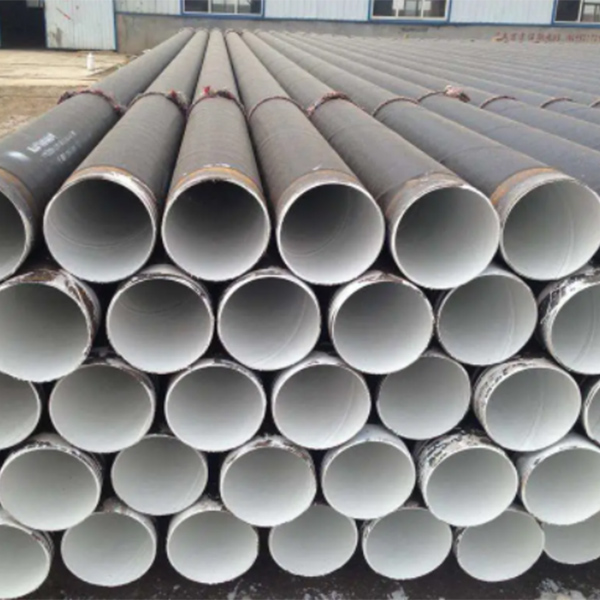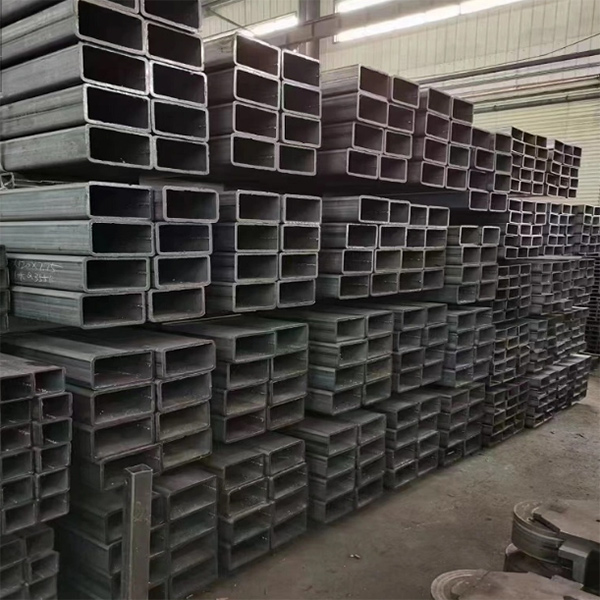Yazan Al sayed / Interesting Engineering
By subscribing, you agree to our Terms of Use and Policies You may unsubscribe at any time. China Copper Pipe Price

This year the world experienced accelerating developments in the energy sector from China discovering rare earth element that transforms battery technology to Blue Origins – Jeff Bezos' private space firm devising a technique for building solar cells using only lunar regolith and sunlight.
Here are the top seven energy news of 2023 that caught our attention:
Wikimedia Commons / Interesting Engineering
Chinese geologists recently discovered niobobaotite, a rare earth iron ore rich in niobium, in the Bayan Obo Mining District in Inner Mongolia. This mineral, sized between 20 to 80 centimeters, contains barium, niobium, titanium, iron, and chlorine.
Niobium, mainly sourced from Brazil and Canada, is pivotal in alloys for jet engines, rockets, and semiconductor production. This discovery marks the 13th new mineral found since China established its nuclear geological system 70 years ago, as announced by the China National Nuclear Corporation (CNNC).
Blue Origin / Interesting Engineering
Jeff Bezos' space company, introduced a groundbreaking method called Blue Alchemist, capable of crafting solar cells and transmission wire solely from lunar regolith.
This innovation, arising after a dispute with NASA, holds promise for sustaining lunar habitats. Using molten electrolysis, it extracts aluminum, iron, and silicon from lunar regolith's bound oxygen to form materials vital for solar cell construction. This technique could revolutionize lunar energy generation, offering a sustainable power source for future lunar ventures.
David Imbaratto / Stellar Exploration / The Planetary Society
Scientists explored aerographite's potential for solar sails destined for Mars and beyond, detailed in a Universe Today report. Using photons from the sun, similar to LightSail 2's mission, these sails aim to propel spacecraft. Researchers simulated voyages using aerographite-based solar sails, envisioning spacecraft capable of interplanetary and interstellar travel.
Chinese startup Greater Bay Technology introduced the Phoenix cell, an electric vehicle (EV) battery reportedly resilient in all weather conditions. Using superconducting materials and thermal management, it rapidly adjusts freezing temperatures to room temperature in five minutes.
EV batteries typically suffer efficiency loss below 32 degrees Fahrenheit, hindering range reliability. Greater Bay aims to redefine EV batteries, potentially resolving this persistent issue with its innovative Phoenix cell.
PhonlamaiPhoto/iStock / Interesting Engineering
South Korea is investing $15 billion by 2030 to develop the world’s first solid-state batteries for electric vehicles. President Yoon Suk Yeol's meeting announced this ambitious plan, aiming to lead in commercializing these safer, cost-effective batteries without liquid cores. Solid-state batteries promise enhanced safety and scalability, representing the future of battery technology alongside electric vehicles.
Weiqan/iStock / Interesting Engineering
Concentrated solar thermal technology (CST) utilizes solar collectors, like mirrors or lenses, to focus sunlight onto a receiver. This receiver, positioned at the focal point, absorbs concentrated sunlight, converting it into heat using heat-transfer fluids like molten salt or high-temperature oil.
The researchers achieved a groundbreaking milestone by reaching the pivotal temperature of 803 degrees Celsius at the receiver, marking the first occurrence of such achievement. "This is significant because it creates the opportunity for greater renewable energy storage when combined with our patented heat exchanger," stated Dr Jin-Soo Kim, who leads the agency’s solar technologies team.
onurdongel/iStock / Interesting Engineering
Berlin's Mercator Research Institute on Global Commons and Climate Change (MCC) published a study revealing remarkable reductions in solar power and battery storage costs. Over the past decade, solar power costs decreased by 87 percent, while battery storage costs dropped by 85 percent. The authors believe these declines could significantly enhance the feasibility and affordability of the global energy transition.
Felix Creutzig, who heads the MCC working group Land Use, Infrastructure, and Transport, and serves as the study's lead author reported that some calculations suggest complete and cost-effective coverage of the world's energy consumption in 2050 through solar technology and other renewables.

China Seamless Steel Pipe Machinery Manufacturing and Machinery Manufacturing Pipe Stay tuned with IE for more updates and insights on the top seven developments of 2023 in Science, Military, Transportation, and more.